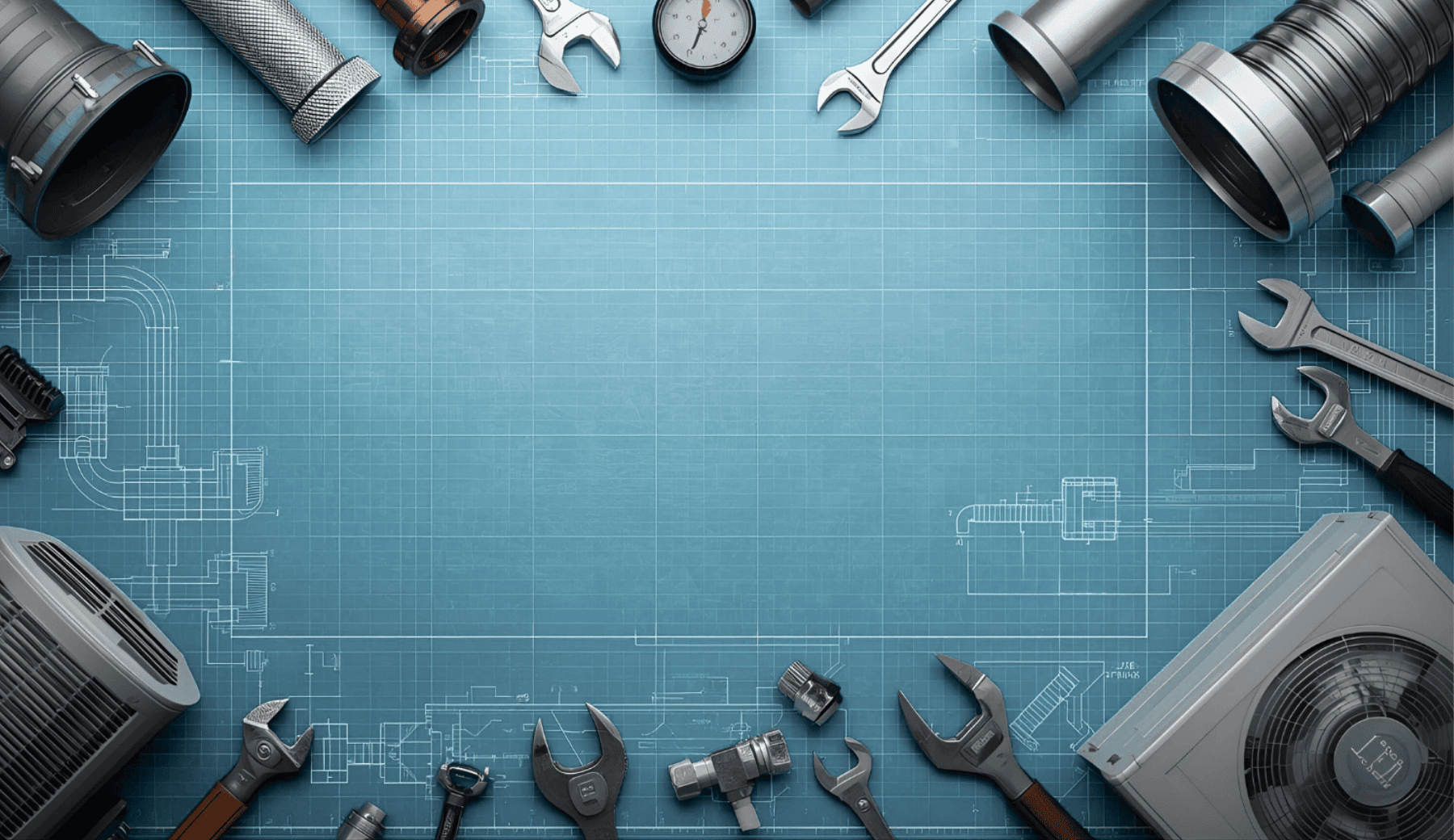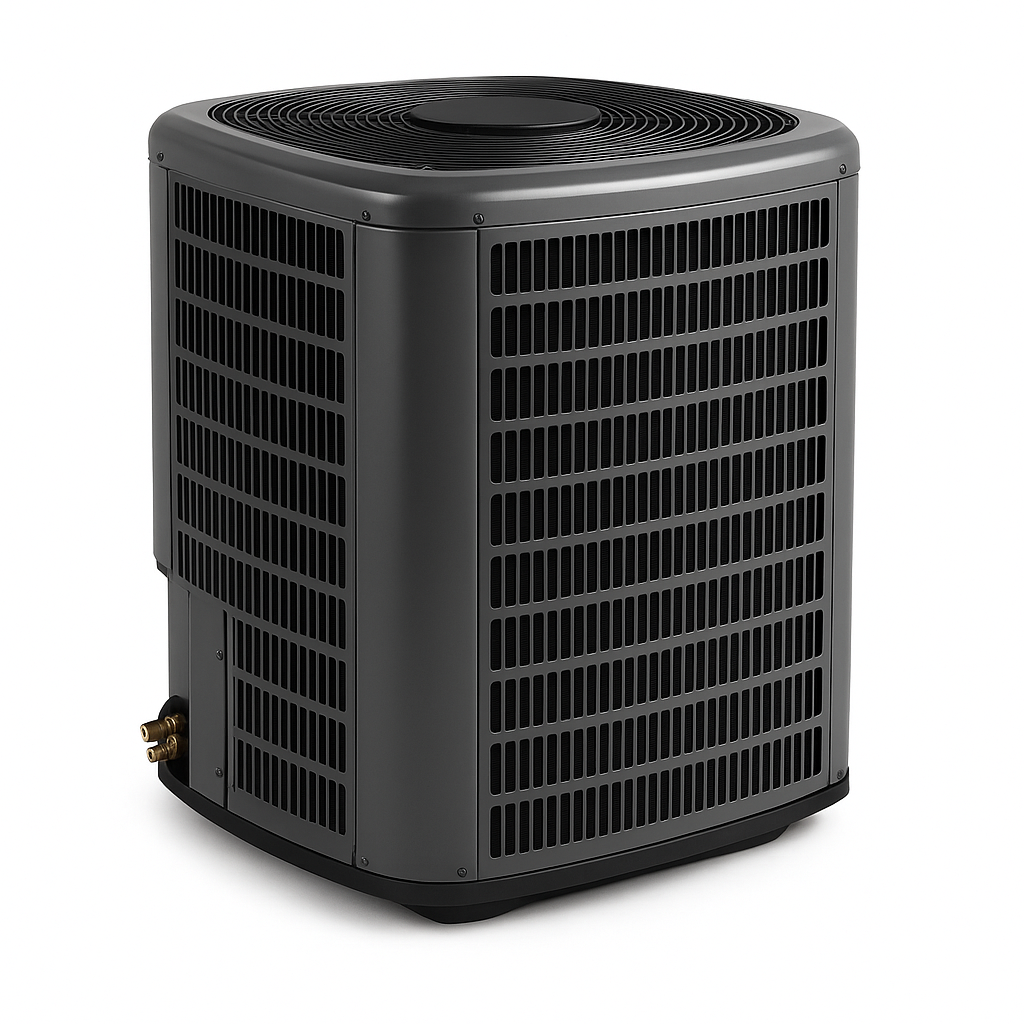
ZAP Knowledge Center
Heat Pumps, Furnaces & Dual Fuel Explained
Choosing the right heating system can be confusing, especially with different options like gas furnaces, heat pumps, and dual fuel setups. In North Georgia’s climate, each system performs differently depending on outdoor temperatures, energy costs, and home design. This guide explains the key differences between heating options, how they work, and when each system delivers the best comfort and efficiency for your home.
-
A heat pump can move heat both directions, so it heats and cools. An AC can only cool.
-
Yes. Our winters are generally mild, so heat pumps are very efficient here.
-
Gas furnaces deliver hotter air, but a heat pump can be cheaper to run in mild weather.
-
A system with both a heat pump and a gas furnace. The heat pump runs most of the time, and the furnace kicks in when it is very cold.
-
That is normal. Heat pumps deliver warm but not hot air.
-
Aux heat is electric backup heat that helps the heat pump on very cold days or when it is struggling.
-
The system may be running on aux heat too often, which uses more electricity.
-
If you want ultimate comfort of a furnace and the efficiency of a heat pump, dual fuel is a strong option.
-
Usually they have a shorter life because they run in both heating and cooling seasons.
-
Yes. A properly installed furnace with safety controls is safer than multiple space heaters.
-
That is the defrost mode. It is normal as long as it is not constant.
-
No. Heat pumps do not burn fuel and do not produce carbon monoxide.
-
Dust collects on the heat exchanger during the off-season and burns off when you first turn it on.
-
Overheating, restricted airflow, age, and poor maintenance can lead to cracks.
-
Absolutely. In fact, because it runs all year, it may need even closer attention.




